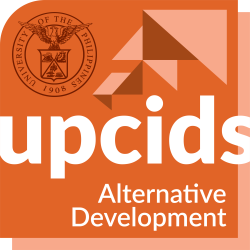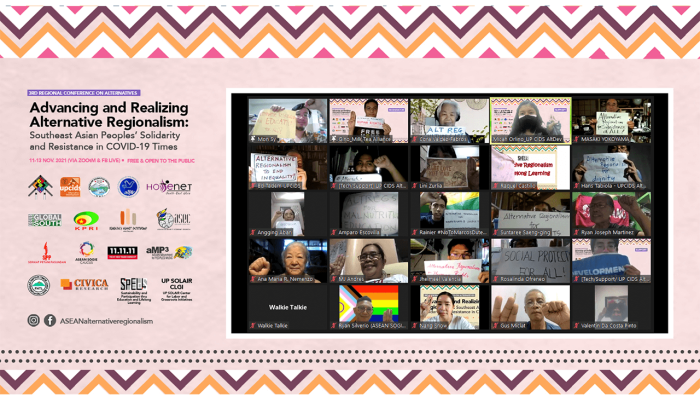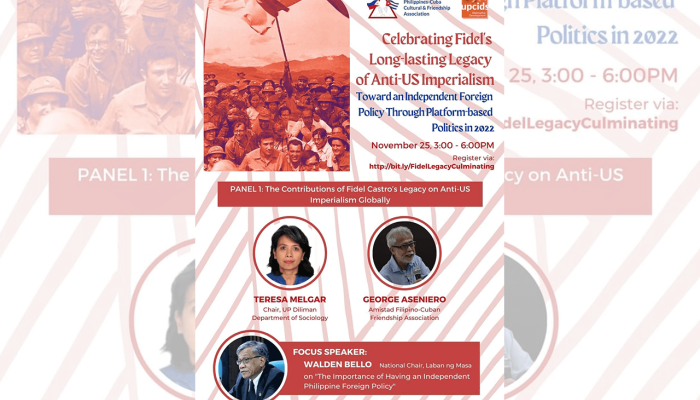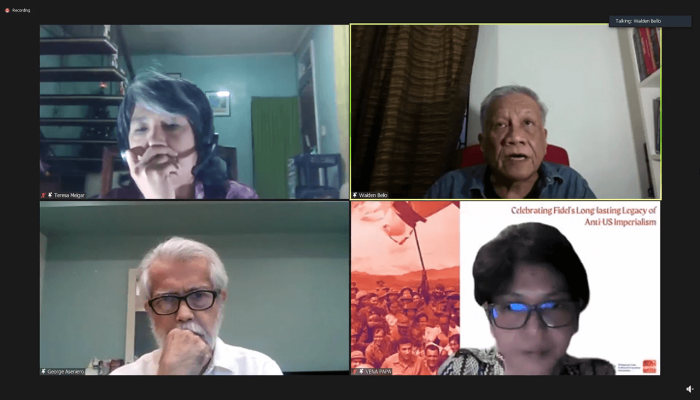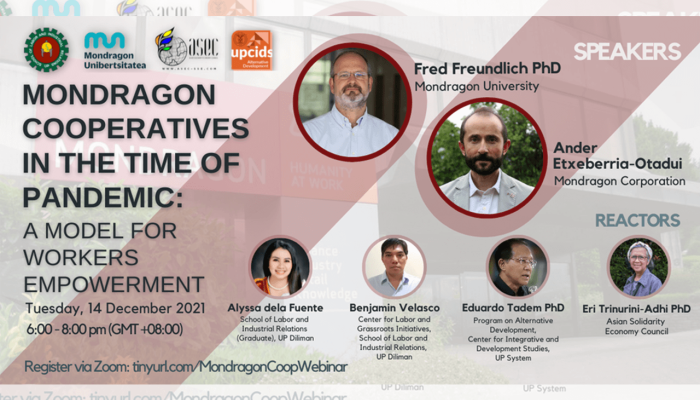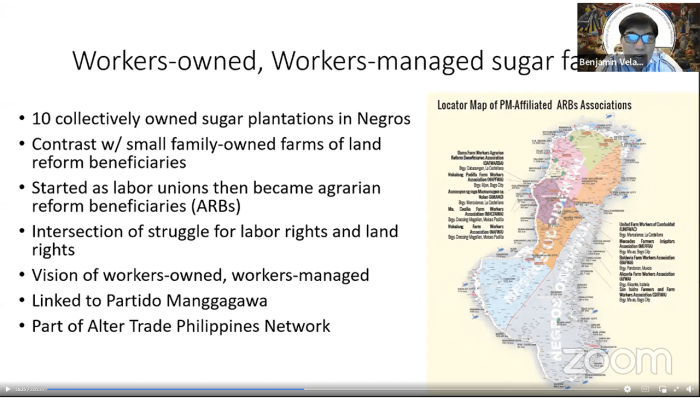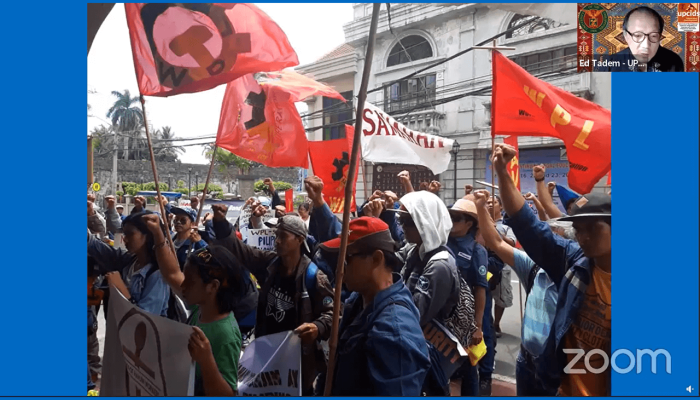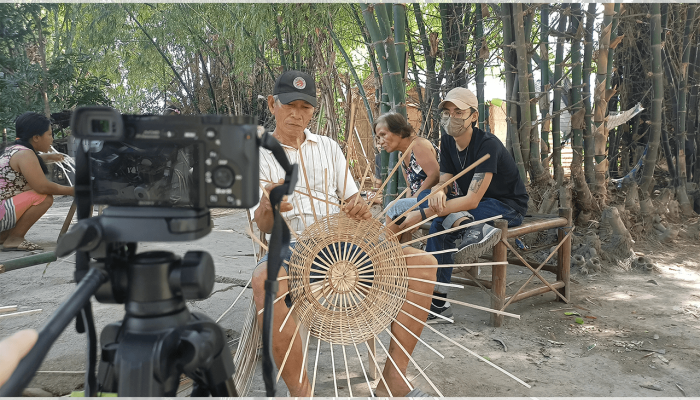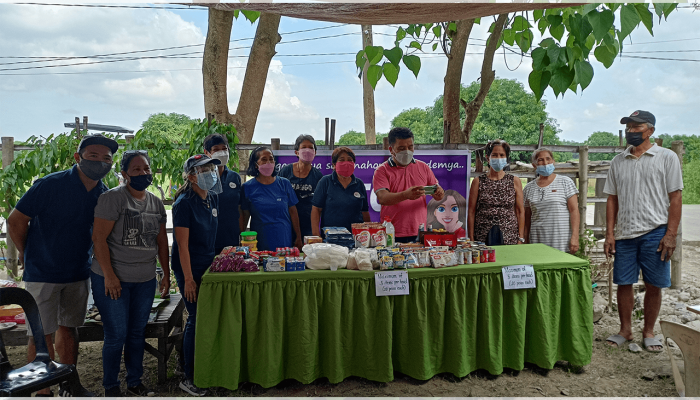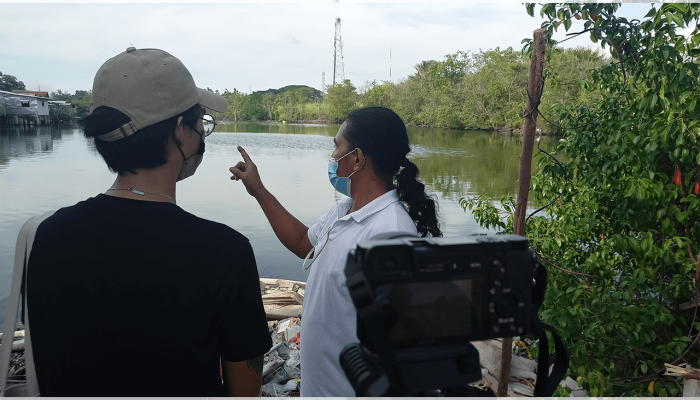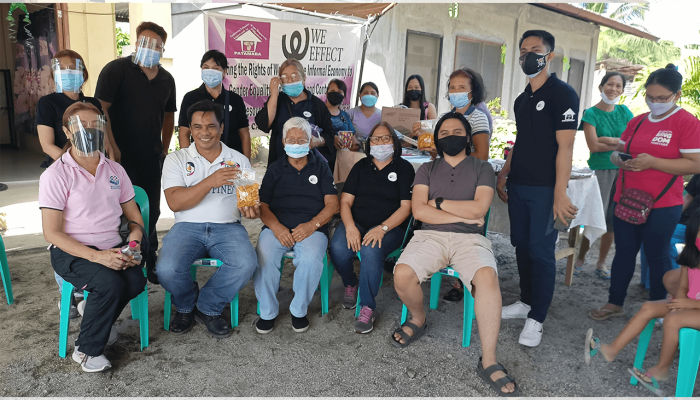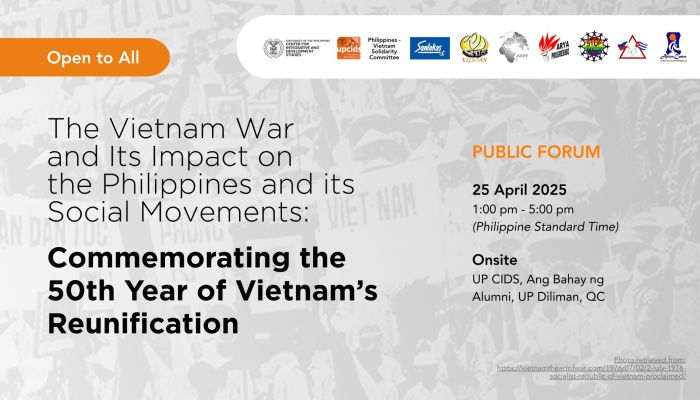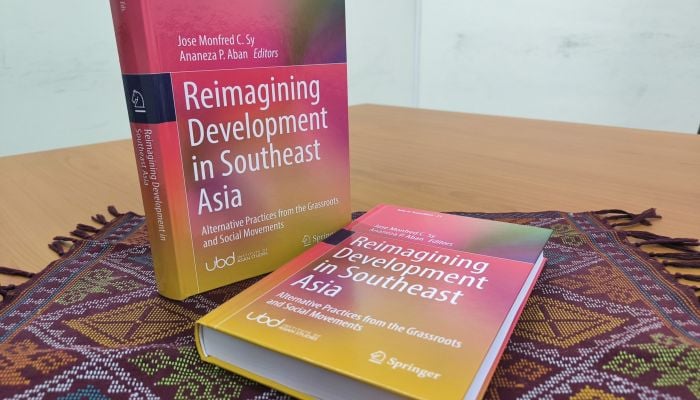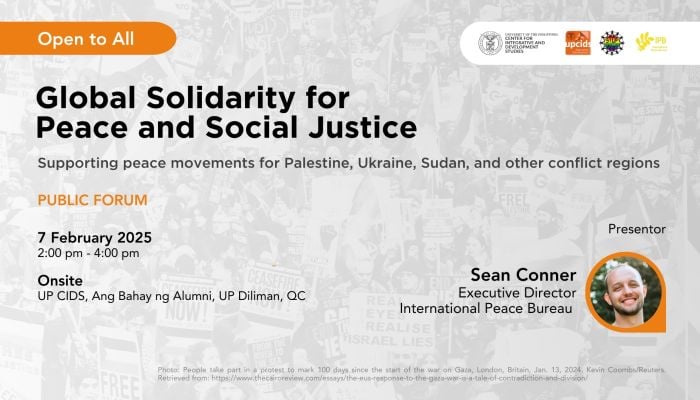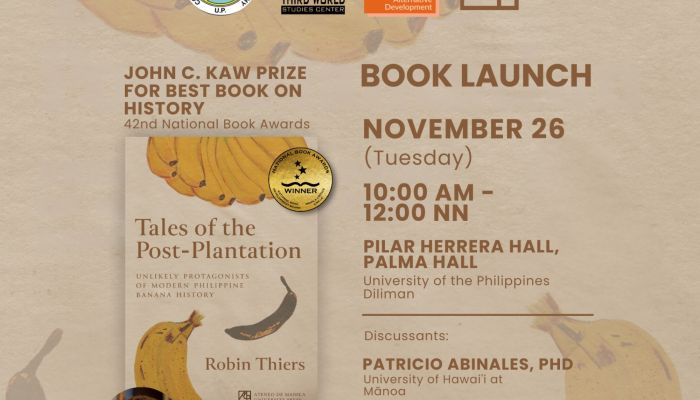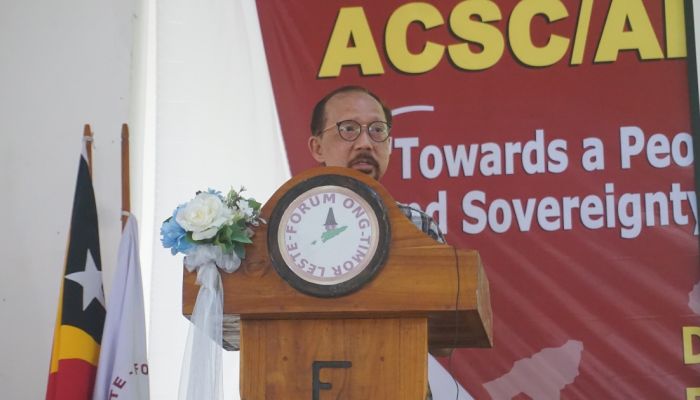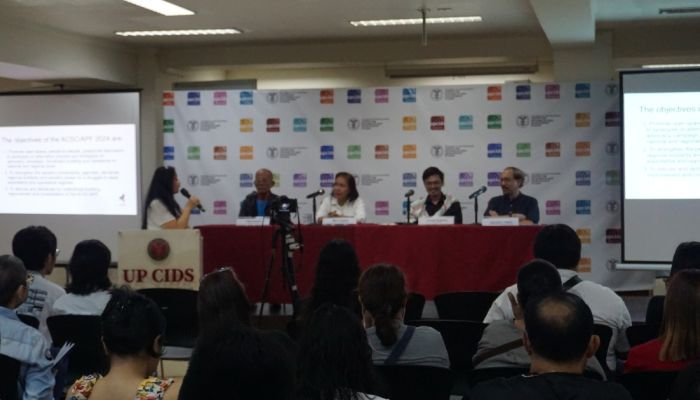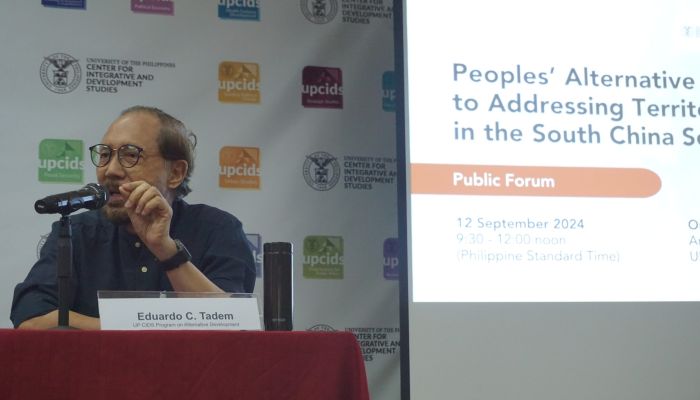The perceived failure of mainstream and dominant development paradigms to meaningfully address the issues and concerns of Southeast Asian peoples is viewed by civil society organizations and social movements as rooted in a market-centered and state-supported process wherein decisions are made without the participation of the marginalized and disenfranchised peoples of the region. These existing paradigms are accountable only to the narrow-vested interests of economic elites and political oligarchies. As a result, these have only further widened the gap between rich and poor within and among countries and caused unparalleled debasement of the environment.
This situation brings up the need to search for an alternative model of development, in general, and in particular, a regional integration that challenges the dominant paradigm – one that is based on what Southeast Asian peoples are already doing on the ground and is guided by cooperation, solidarity, mutual benefit, the commons principle, and joint development, not cutthroat competition, the insatiable thirst for profits, and narrow patriotism and chauvinism.
There are a large number of spirited individuals and communities, projects and programs, proving through action and achievement that there are other ways of doing things. These efforts are creating new social relationships in which practitioners are empowered socially, economically, and culturally, eroding and undermining the basis of maldevelopment. In these efforts are identified vibrant elements of a new civilization that we need to build, thus foretelling, if partially, the configuration of a just future society.
These models are still spatially dispersed and largely localized. There is, therefore, a need to link these diverse models so that they may eventually grow into alternative systems that can sustain themselves and, eventually, challenge the dominant system.
The Project on Alternative Practices in Southeast Asia aims to initially document these alternative practices by grassroots peoples and communities and link these across the region to form the building blocks of a people’s alternative regional integration. This will be conducted in partnership with the Department of Community Development of the UP College of Social Work and Community Development, the Asian Regional Exchange for New Alternatives (ARENA), Focus on the Global South, the Freedom from Debt Coalition (FDC)–Philippines, and the People’s Empowerment Foundation (PEF)–Thailand.
As part of this project, AltDev was able to conduct field visit and documentation activities in Bangkok, Thailand, and Jakarta, Indonesia. The Program, together with its partners, was able to organize a Regional Conference on Alternatives in Southeast Asia on November 27–29, 2018. Moreover, some of the ideas from this project were presented in different avenues such as the Asia-Europe People’s Forum by Ms. Ananeza P. Aban, and the 2018 Association of Southeast Asian Nations (ASEAN) Civil Society Conference/ASEAN People’s Forum in Singapore by Ms. Raquel Castillo.
